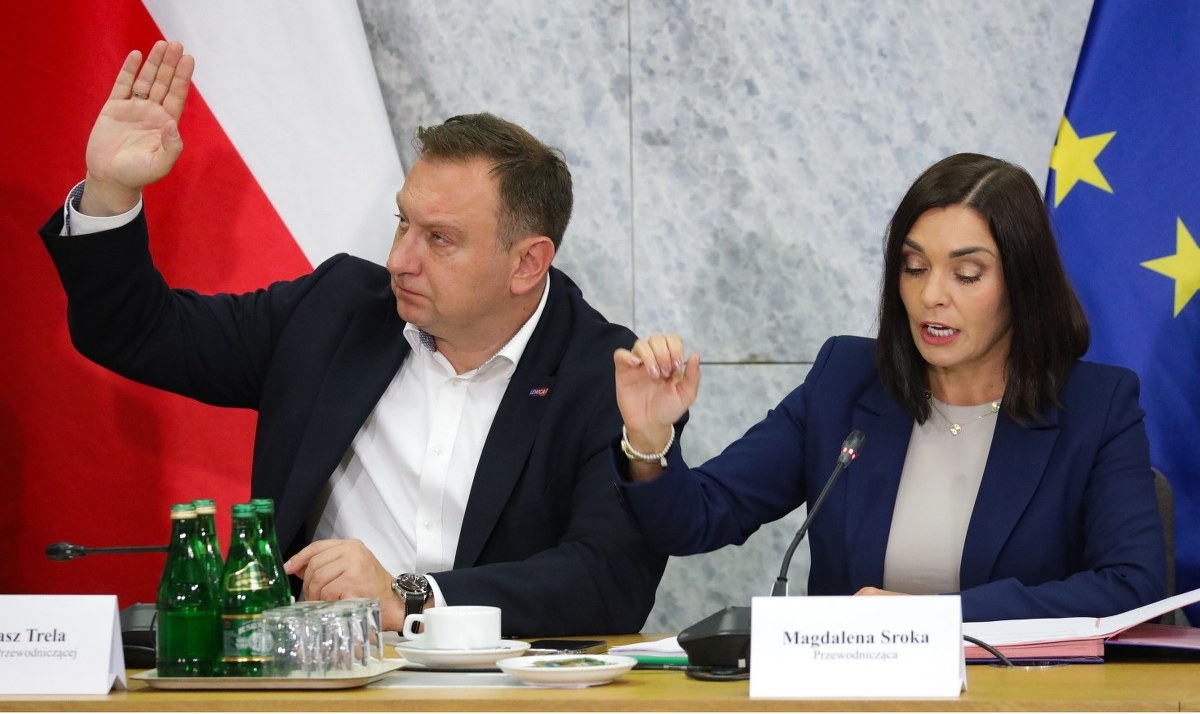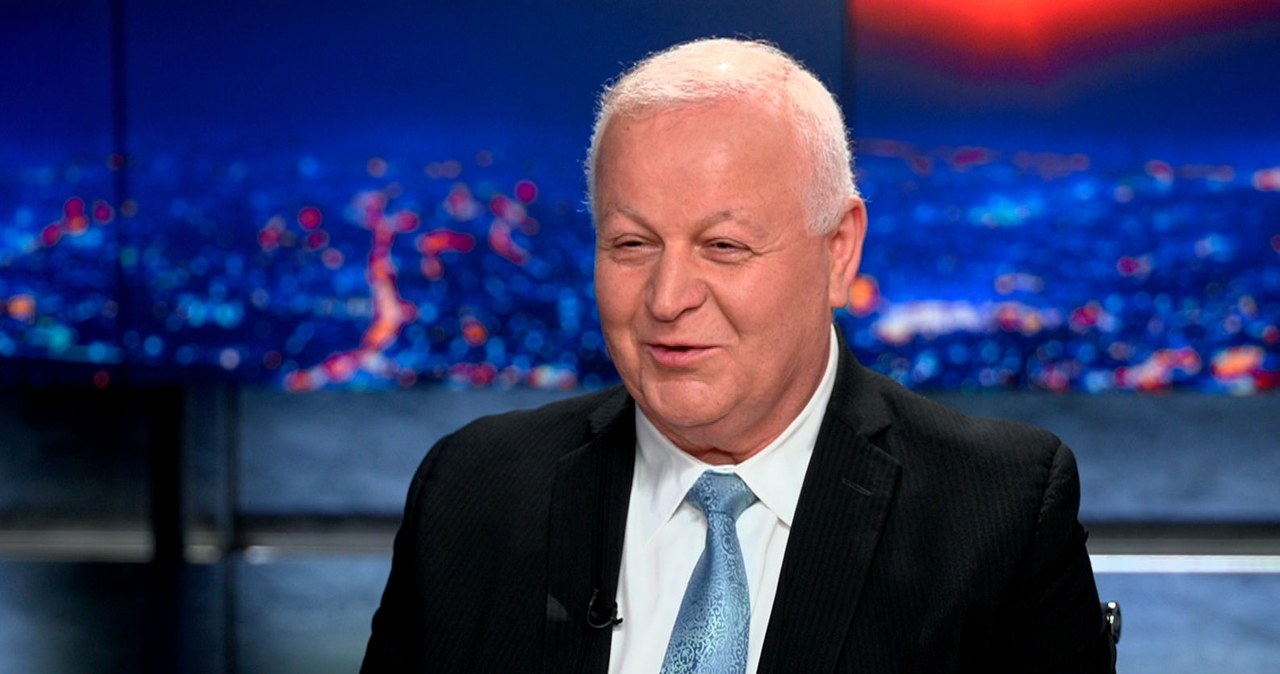Water reforms will help speed up housebuilding and ease wild swimmers' fears that they might be bathing in sewage, the Environment Secretary has said. Steve Reed described supply and sewage infrastructure as "critical for housing development, economic development and economic growth" as he took questions about the Independent Water Commission's final report published on Monday.
Reed told MPs the Government would publish a white paper this autumn, with proposals in response to the review led by Sir Jon Cunliffe, and teased plans for a new water reform Bill. The reforms aim to address longstanding issues with Britain's water infrastructure that have hampered development and environmental quality.
Government targets 1.5 million homes
In the Commons, Labour MP Allison Gardner warned that "antiquated mains water infrastructure cannot adequately cope with the increased demand of new housing developments, even when the developer meets all the required mitigations". The Stoke-on-Trent South MP asked whether the minister agreed that with the Government's plan to build 1.5 million homes, it was vital that privatised water companies ensure adequate systems without sewage dumping.
Conservative MP for Exmouth and Exeter East, David Reed, later said some billpayers feared water companies might not "keep pace with development" in their area. The Environment Secretary responded that water infrastructure was critical for housing development and economic growth in every region of the country.
Planning alignment with water firms
Reed said he had accepted in principle one of Sir Jon's recommendations that would allow the Government to align water infrastructure investment and spatial planning for the first time. This would enable homes and factories to be built faster to benefit local people.
In his report, Sir Jon wrote that "planning for the water system should be closely aligned with other spatial planning". This could involve requiring town halls to ask water firms what they need before agreeing their local planning policies.
Wild swimmers face 'Trent tan'
Samantha Niblett said wild swimmers in Derbyshire and Staffordshire "frequently have to avoid a Trent tan" when they are in the water. The Labour MP for South Derbyshire asked whether the Secretary of State agreed that cleaner waters could encourage more exercise to improve the country's wellbeing.
Reed replied that the "Trent tan" was a "very alarming and graphic image" that captured what had gone wrong with the water sector. He said the changes announced would clean up waterways across the country so wild swimmers and others could enjoy rivers, lakes and seas without concern.
Public ownership debate rejected
The Environment Secretary rejected suggestions that ministers should take water firms into public ownership. Clive Lewis, the Labour MP for Norwich South, said the review "feels like a missed opportunity" and entrenched a privatised model that had failed economically, environmentally and democratically.
Lewis questioned why public ownership was good enough for rail and GB Energy but not for water, noting that 20-50% of bills went on servicing debt. Reed said the Government had to take a "rational and not an ideological approach" and that officials had calculated nationalising water companies would cost £100 billion.
Cost concerns over nationalisation
Reed argued that paying £100 billion would require taking money away from public services like the NHS and education to hand it to owners of companies that had been polluting waterways. He said this made no sense to the public.
Green Party co-leader Adrian Ramsay said Sir Jon's report looked at how to "tinker" with a "moribund model" that had resulted in billions being paid to shareholders whilst neglecting crucial infrastructure. He argued that the cost of failure should be part of calculations for bringing water into public hands.
The Environment Secretary said it would take years to unpick current ownership models, during which pollution would get worse. He accused Ramsay of talking about cutting the NHS, giving £100 billion to current water company owners, and making pollution worse.
(PA) Note: This article has been edited with the help of Artificial Intelligence.











